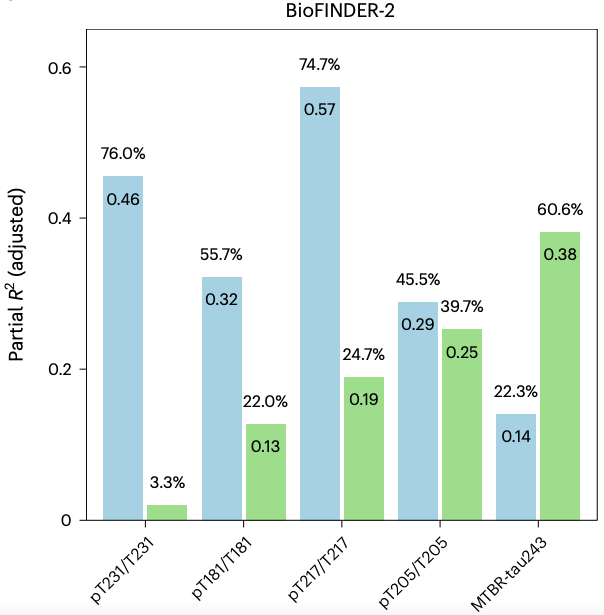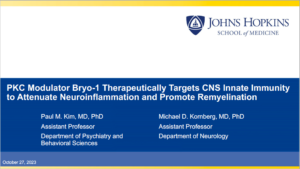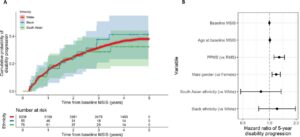
August 29th
Effective online assessments of cognition in AD
In this study, a group of digital cognitive assessments distinguished patients with AD from healthy controls in a manner that correlated with plasma biomarkers.
Brain pathology comorbidity rates in early-onset AD
This study examined the rates of brain pathology comorbidities in patients who had early-onset AD, finding over 70% had at least one comorbidity.
August 22nd
A sex-specific molecular marker for AD
This study identifies PIN1 as a sex-specific marker for AD, with reduced expression in key brain regions occurring mainly or exclusively in female AD patients.
How widely do plasma biomarker measurements fluctuate?
In this study, plasma biomarkers for AD were collected in 10 weekly measurements from cognitively normal individuals to assess levels of biological and technical variation.
August 11th
A BACE1 inhibitor specific for APP
This study reports a novel BACE1 inhibitor that blocks cleavage of APP, preventing formation of amyloid-β, without affecting other BACE1 substrates.
Cholesterol in human neurons regulated by γ-secretase
This study found that in human neurons, but not mouse glia, γ-secretase regulates the synthesis of cholesterol.
August 4th
Human Aβ42 inhibits γ-secretase activity
This study found that human Aβ42 reduces the activity of γ-secretase, leading to reduced cleavage of the APP C-terminal fragment as well as other γ-secretase targets such as Notch and p75.
Additional July publications
PSEN1 affecting neurodegeneration without amyloid?
This study of C. elegans, an animal that lacks a homolog of APP capable of forming amyloid-beta, found that a PSEN1 mutation associated with familial AD leads to neurodegeneration in chemosensory neurons.
A tau biomarker that truly tracks tau tangles
This study found that MTBR-tau243 serves as a CSF biomarker that, unlike previous tau markers, reflects the buildup of insoluble tau aggregates in the brain.
APOE required for human microglia to form lipid droplets
This study found that human microglia, like their murine counterparts, form lipid droplets (LDs) in AD, with their formation requiring APOE.
Less APOE = more cognitive resilience?
In this study, 6 subjects carrying highly rare APOE loss-of-function (LoF) variants showed resilience to AD pathology.
Find a Zotero library with the July preprints featured on our site here; for a full list of AD preprints from July, click here.





